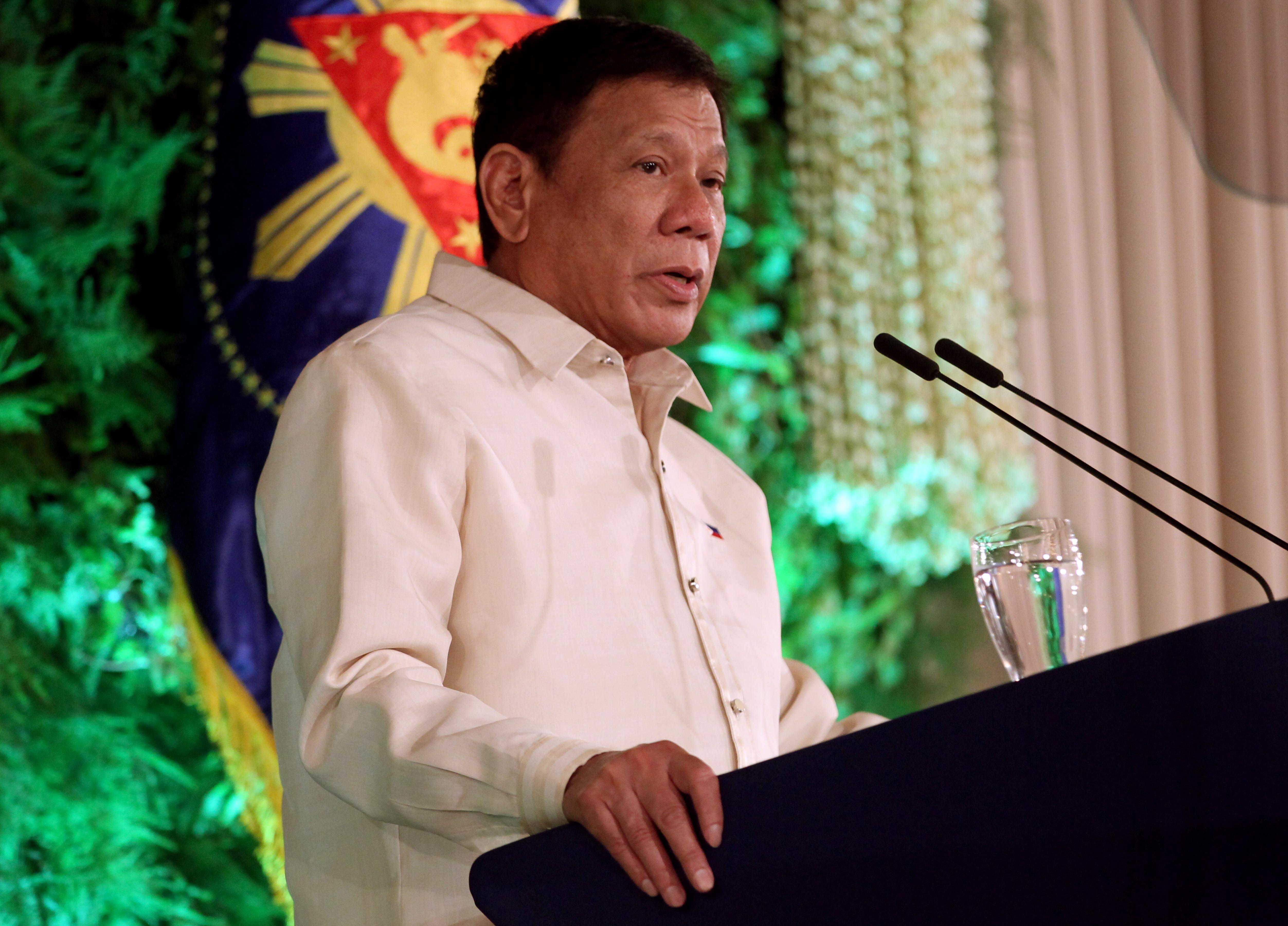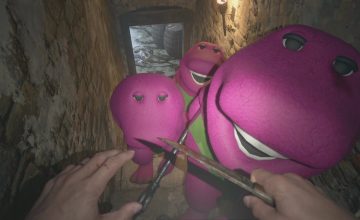Brand-new president Rodrigo Duterte did promise that we’d get Freedom of Information in his presidency, and to his credit, his word is bond. We just didn’t expect it to be this quick, as he’s signed an Executive Order (EO) that’s granting the public freedom of information to any data and document—from the executive branch of government.
That means it’ll be a lot easier for the common citizen to access government records for any valid purpose. As mentioned, however, there is a catch—since it’s an EO from the president and not a law that was passed by Congress, only offices under the executive branch are affected by this change.
Specifically, here’s the full scope of info you have access to:
- Records
- Documents
- Papers
- Reports
- Letters
- Contracts
- Minutes and transcripts of official meetings
- Maps
- Books
- Photographs
- Data (analog and electronic)
- Research materials
- Films
- Sound and video recordings
- Tapes
- And any other similar data
So long as it’s information “produced/received by a [public officer, employee, or a government office in an official capacity or pursuant to a public function/duty]” except when the info is protected by the Constitution or law (like important and sensitive state secrets, etc). Actually, we’re just afraid that officials will abuse that little exception clause, but we’re hoping for the best.
That’s still a good thing as most of the government offices the ordinary Filipino will be interacting and transacting with fall under the executive branch, such as the Land Transportation Office, the Department of Foreign Affairs, the Department of Health, and the Bureau of Internal Revenue. It’s more of a hurdle for the media and other people with vested interests who might be interested in looking around in the legislative and judiciary branches, but so far, everything is useful.
But speaking of the press, the other bit of good news here is that the president is also considering creating a task force on media killings in a different EO. “This is one of the things we’re doing to make our colleagues in the media at ease and stop the extrajudicial killings of members of the media,” says Duterte’s Communications Secretary Martin Andanar.
Now he needs to fix the bloody elephant in the room—killings still happening left and right, every night. Don’t think we’ve forgotten.
(Ed’s note: This article was updated to reflect recent developments.)
Photo from the Philippine Daily Inquirer

























Comments